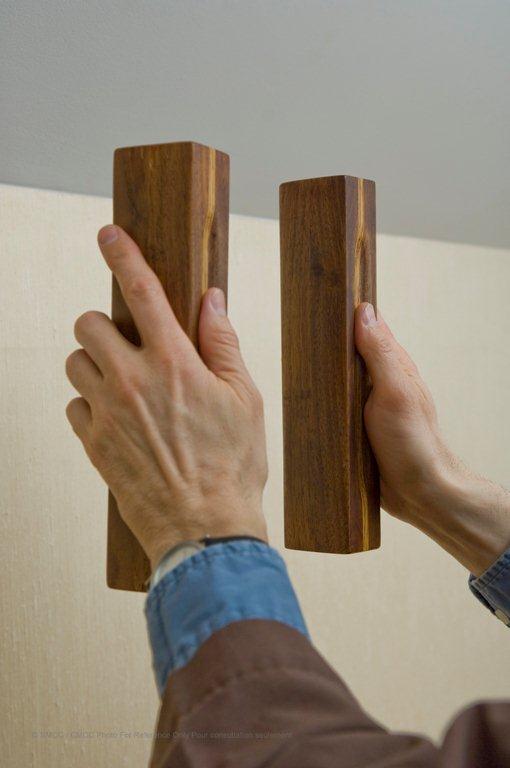The community
As mentioned, the Zen Centre is a lay community. All members reside outside of the Centre and many are directly involved in running the Center, from looking after the grounds and buildings to supervising daily practice, both in the mornings and evenings.
This form of self-reliance of the Community has always been – and still is today – one of the fundamental tenets of the Centre. The tasks and the maintenance to be undertaken are very diversified and provide the opportunity for everyone to help the Community in accordance with each person’s aptitudes, talents and competence. Two general workdays take place each year, one in the Spring and one in the Fall, to carry out more important projects.
Our community is composed of men and women drawn from all walks of life: from academia, from the technical world, teachers, artists, men and women from different disciplines…
Most of them live in the greater Montreal metropolitan area, but the Centre is also made up of members who meet together and have regrouped in Quebec City, Granby and Rimouski.
The practice

Zen Buddhism is an ancient tradition whose origins date back to the teachings of the Buddha. This is the source of the teachings offered at the Montreal Zen Center for nearly fifty years.
Members of the Center are encouraged to practice regularly at home and to recognize that the true value of their practice is expressed first and foremost in their daily lives. We are not seeking ecstatic experiences, visions, or special revelations. It is possible to awaken, to see clearly that we are not a thing, a body, a soul, a person, or even a spirit. Each of us is beyond all forms and all ideas. This freedom is called awakening, and this awakening—which means seeing into our true nature—is the teaching of our tradition.
Center members can practice online on Monday evenings from 7:30 p.m. to 8:30 p.m., at the zendo on Tuesday evenings from 7:30 p.m. to 9:15 p.m., and Sunday mornings from 9:00 a.m. to 11:45 a.m.
On Tuesday evenings, we hold three 30-minute meditation periods, each interspersed with a 5-minute kinhin (walking meditation). Individual one-on-one meetings are available upon request, and the evening concludes with chanting and prostration.
On Sunday mornings, we hold three 30-minute meditation periods, each interspersed with a 7-minute kinhin, in addition to a period of approximately 50 minutes devoted to listening to a teisho. Here again, one-on-one meetings are available upon request.
Once a month, with the exception of retreat months, the Center also schedules a one-day sitting. This sitting is held on Sundays from 8:00 a.m. to 2:30 p.m. and includes eight periods of meditation, a dharma word followed by a period of dialogue and one-on-one meetings. It is strongly recommended that everyone participate in a few one-day sittings before registering for their first retreat.
The Center also organizes four five-day intensive retreats annually in October, December, March, and May.